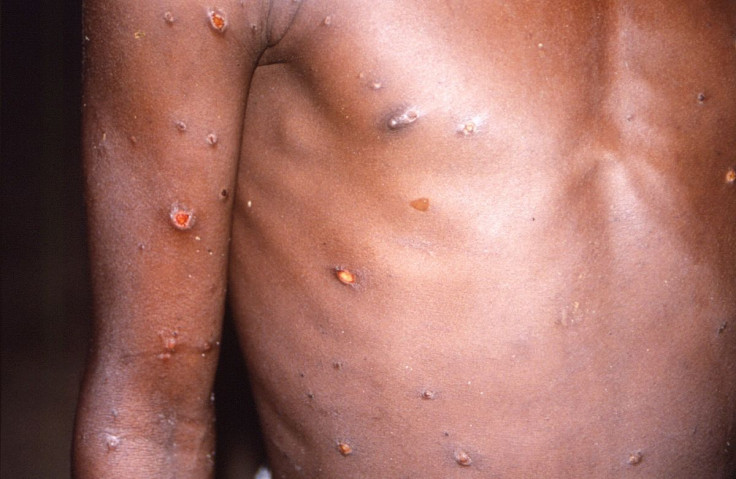Biden Says Monkeypox Outbreak Is Something 'To Be Concerned About'

President Joe Biden said Sunday that the current spike in monkeypox cases is something “to be worried about.”
“It is a concern in that if it were to spread it would be consequential," Biden told reporters at Osan Air Base in South Korea.
"They haven't told me the level of exposure yet, but it is something that everybody should be concerned about," Biden said.
National Security Adviser Jake Sullivan told reporters that the U.S. has vaccines "available to be deployed." A smallpox vaccine has been approved to combat monkeypox.
There are 92 confirmed cases worldwide, with two in the U.S. -- in New York City and Massachusetts.
Most cases have been in central and west Africa.
There are also 28 suspected cases of monkeypox, the World Health Organization reported Saturday. The Associated Press on Sunday reported that there is a suspected case in Florida.
Monkeypox symptoms include headache, fever, chills, sore throat, malaise, fatigue, rash, and lymphadenopathy.
According to the Centers for Disease Control and Prevention, monkeypox "was first discovered in 1958 when two outbreaks of a pox-like disease occurred in colonies of monkeys kept for research, hence the name ‘monkeypox.’”





















